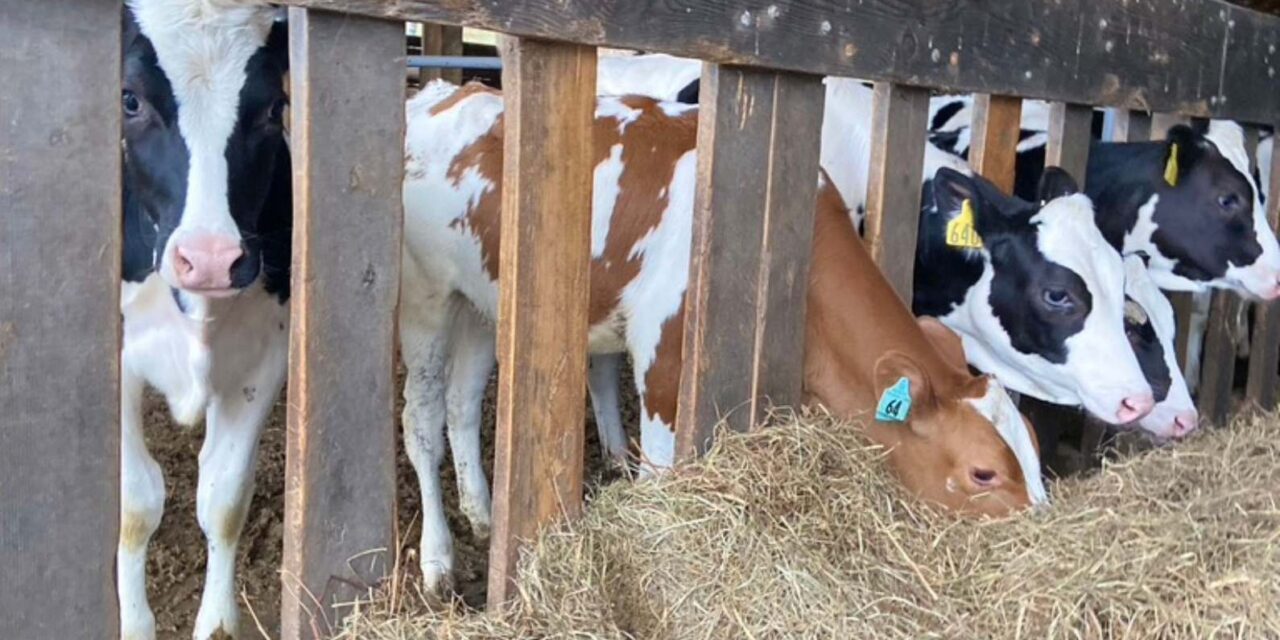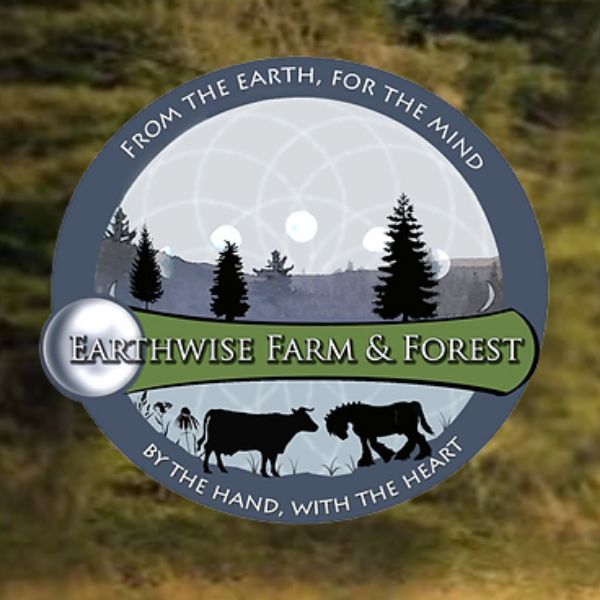Visiting regenerative farms and learn more about sustainable farming practices, participate in field experiences, and strengthen your connection to the community.
Regenerative farming or agriculture follows long-established, traditional farming practices of raising animals and growing crops in a way that supports life systems in soil and water systems.
One Planet Life interviewed Lisa McCrory, owner of Earthwise Farm and Forest, a small, regenerative homestead farm in Bethel, Vermont. McCrory established the farm twenty years ago with her late partner Carl Russell. Their goal was to honor the symbiotic relationship of Earth, plants, and animals through passionate holistic living and a love for their children, farm, and community. Their mission is “to grow healthy, vibrant food and forest products for our customers and ourselves by following the principles of Holistic Management.” The farm is also certified by Vermont Organic Farmers and the Real Organic Project.
McCrory builds relationships and shares knowledge and experience with her community.
On her homestead, McCrory and her children happily engage and present their knowledge of small-scale agronomy and agroforestry. They use regenerative organic old-world farming methods, growing trees and shrubs in combination with sustainable crops, raising farm animals, foraging, and building relationships in the community.
Earthwise Farm and Forest uses a variety of farming practices to manage their farm.
- Practicing animal husbandry. This is a method where a small number of selective farm animals are raised for meat, milk, yogurt, and eggs in eco-friendly and humane ways.
- Employing no-till or medium-till practices so the ground can retain biodiversity and healthy microbiome life.
- Rotating crops and animal grazing. This involves mapping out a schedule where crops and animals are rotated on the land to help produce healthier and more fertile soils.
- Planting cover crops to fertilize and organically add nitrogen back into the soil. Doing this also attract pollinators and assist in pest control.
- Preserving, protecting, and sustaining clean water conservation.
- Composting waste to divert organic matter from going into overcrowded landfills. Composted materials break down through decomposition and oxidation, turning waste into nutrient-rich mulch.
- Understanding how soil is the foundation that connects life systems together. This includes understanding soil management and mitigation, such as adding mulch. Mulch improves soil’s ability to absorb and retain moisture, which increases soil nutrients for strong, vibrant, and tasty plants. Mulch also adds nitrogen to soil, which helps to capture carbon and retain it in the earth. This helps reduce harmful carbon in our atmosphere.
- Interacting with the community in a positive way, and sharing essential resources, skills, and hard work. When the community understands the benefits of regenerative farming and supports farming efforts, they benefit from the bounty. By consuming fresh meat and nutrient-rich locally sourced produce, the community can more effectively nurture their bodies and allow regenerative farms to thrive. A win-win for all!
McCrory also helped to establish the Draft Animal Power organization.
Years ago, McCrory and Russell hosted a roundtable discussion with highly skilled individuals. Their goal was to share and exchange knowledge on using draft animal power with modifications. That roundtable discussion has grown over the past four years to an annual event where 800 to 1000 individuals attend and participate.
Experts in the field gather and hold panel discussions and exchange their knowledge, experiences, and best practices. They discuss caring for and using horses, oxen, and mules in horse logging as a power source on the farm and forest. In this way, farmers are able to incorporate old-fashioned farming techniques with more modern technology. The Amish and Mennonite communities have used these techniques for over 150 years, and there is much modern farmers can learn from them.
McCrory and her family inspire hope, creativity, and love through sustainable farming methods.
Passing sustainable farming practices to our younger generations helps them understand how land degradation, soil eradication, and water shortages are harming our food, water resources, and health. Sustainable farming practices can help combat air and water contamination, loss of biodiversity, extreme weather, and help to cool our increasingly warming climate.
Visit regenerative farms in your area to learn more about sustainable farming practices, participate in field experiences, and strengthen your farm’s connection to the community. As concerned caretakers for our planet, we can incorporate regenerative practices in our lives, reduce our carbon footprint, and share the benefits of regenerative farming with others.
If you are interested in learning more about ecological farming practices, you can connect with a host in the United States at World Wide Opportunities on Organic Farms, USA or join in AgriTourism. Earthwise Farm and Forest also offers workshops and consulting on their website.
Keep the conversation going and check out our One Planet Life app to get started on your journey. Together, we can make a difference by finding and sharing small ways to change and reduce our footprint.












